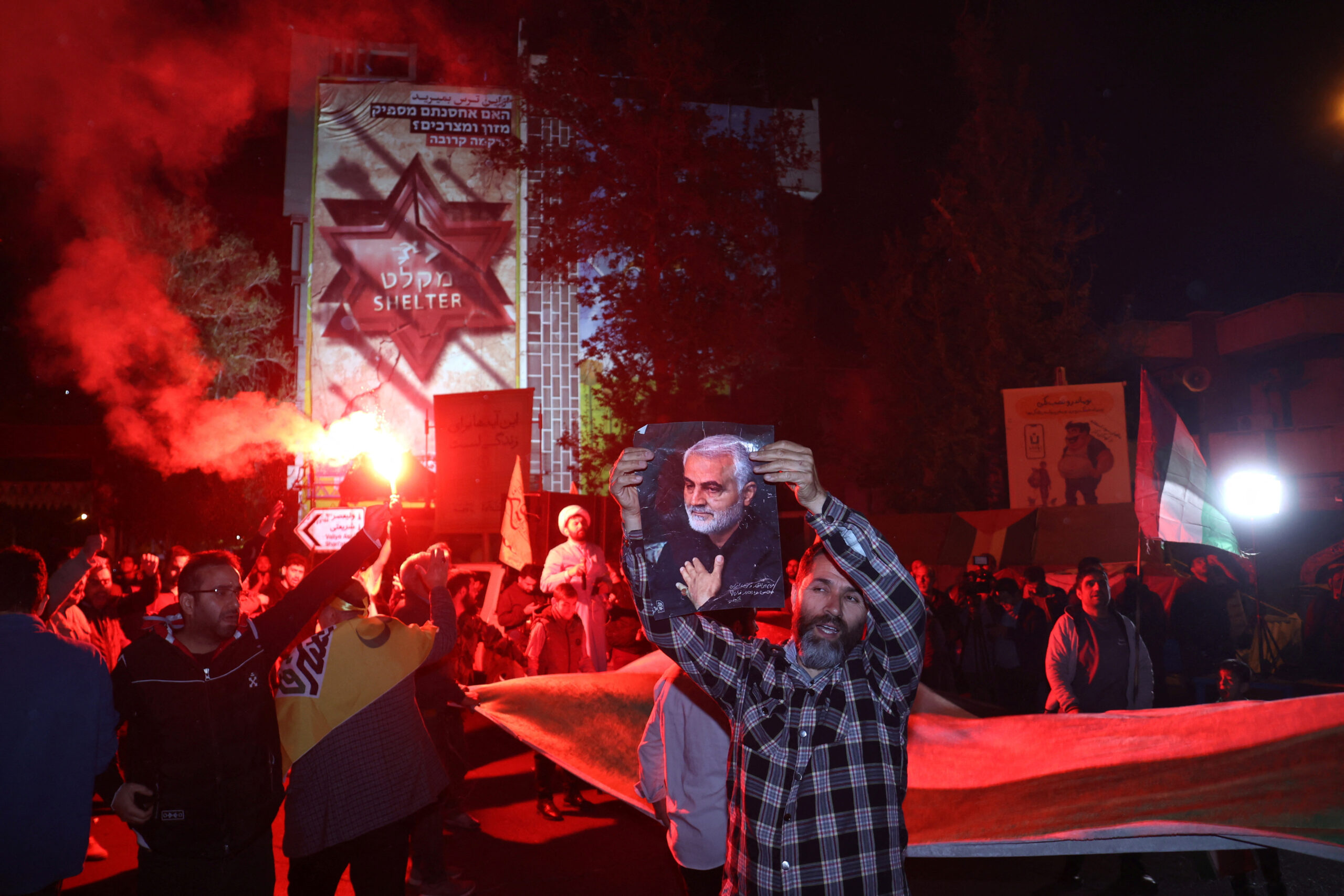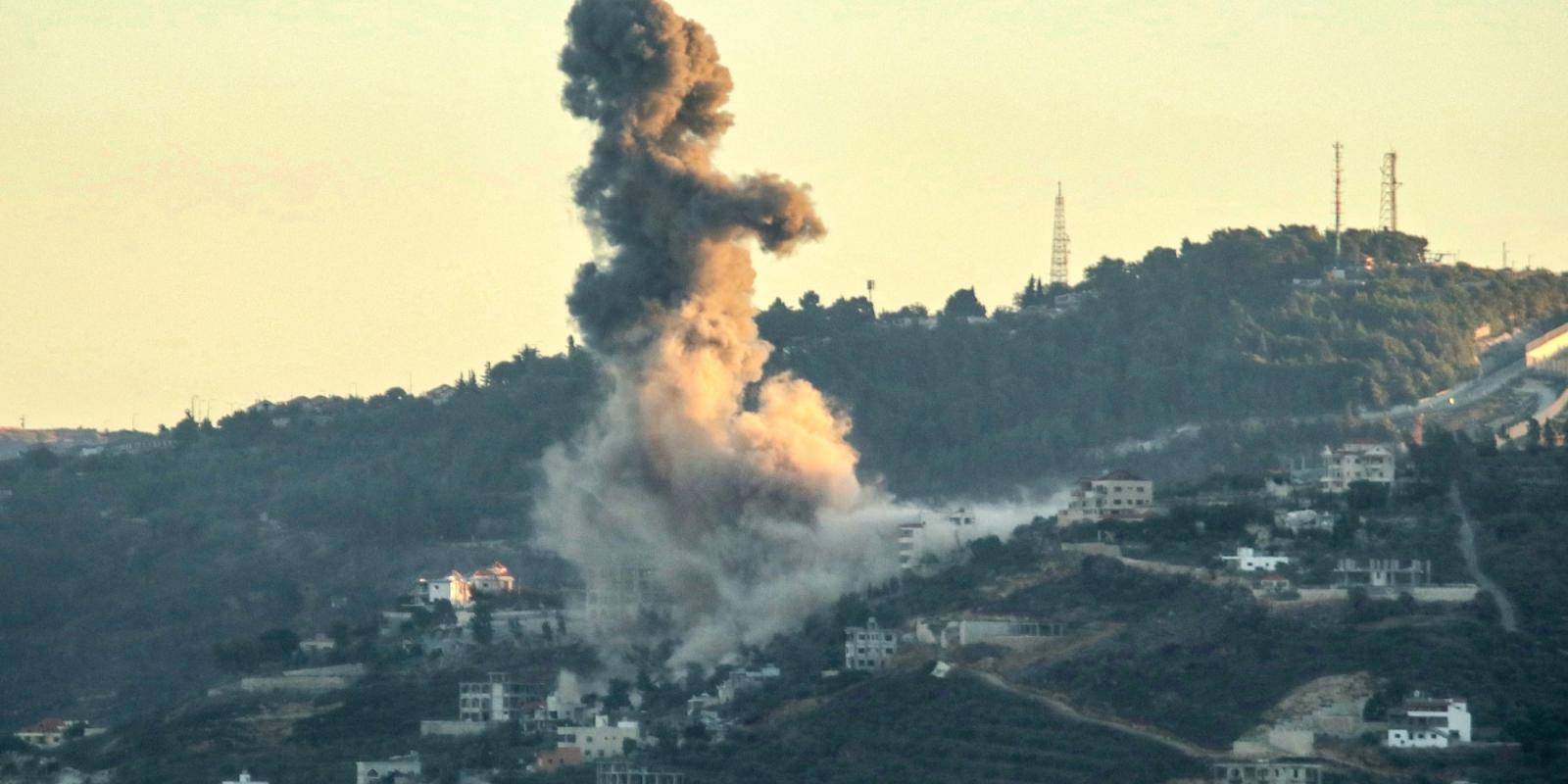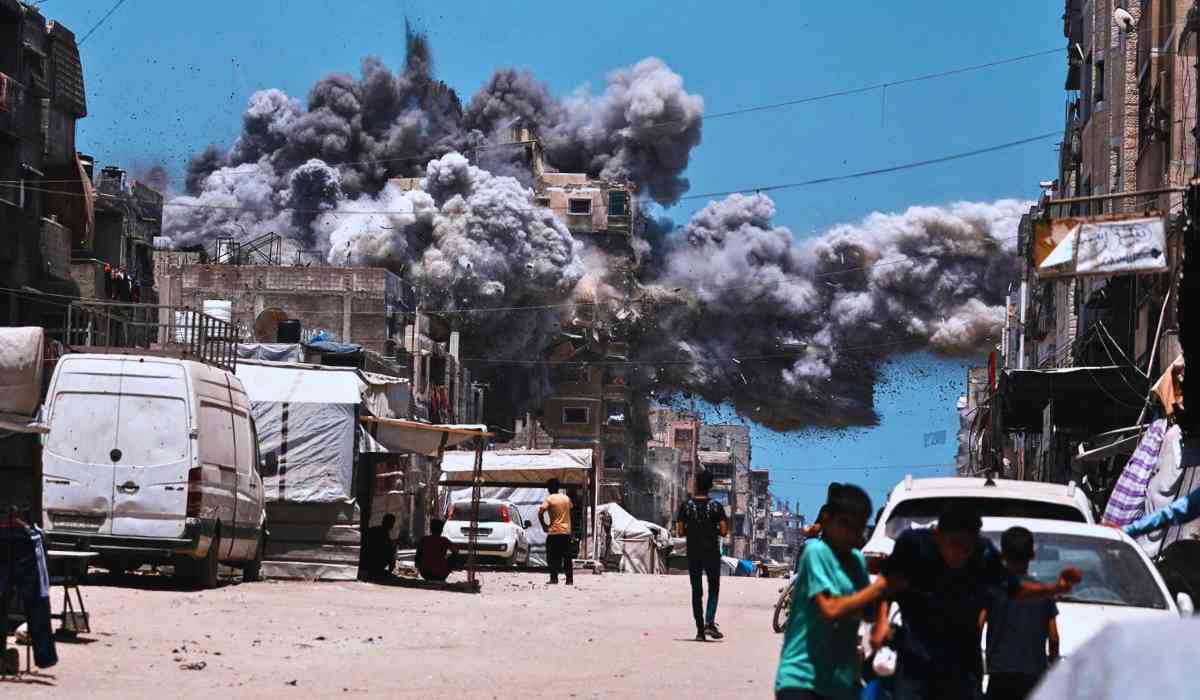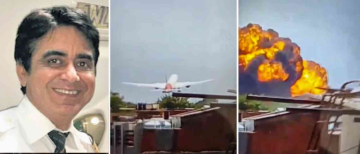In the early morning hours of June 13, 2025, the world woke up to alarming news: Israel had launched a large-scale attack on Iran, targeting nuclear facilities, military sites, and key leaders. This dramatic escalation has pushed the Middle East—and the world—closer to the brink of a nuclear conflict, raising fears and questions about what comes next.
What Happened?
Israel’s operation, called Operation Rising Lion, involved multiple waves of airstrikes on Iranian cities, including Tehran and Natanz, where Iran’s main uranium enrichment facility is located. The Israeli military also targeted missile factories and residences of top Iranian officials. Explosions and fires were reported across several locations, and both Iranian military members and civilians, including children, were killed.
_1749790739.png)
Among the most significant casualties was Hossein Salami, the commander of Iran’s elite Revolutionary Guard Corps, and several prominent Iranian nuclear scientists. Israeli Prime Minister Benjamin Netanyahu announced that the operation would continue “for as many days as it takes” to eliminate what he described as a “clear and present danger” to Israel’s survival.
Why Did Israel Attack?
The roots of this conflict go back decades. Israel sees Iran as its most dangerous enemy, mainly because of Tehran’s nuclear ambitions and its support for groups hostile to Israel. Recent reports from international nuclear inspectors found that Iran was enriching uranium to levels close to what is needed for a nuclear bomb, and that it had enough material to potentially build up to 15 nuclear weapons within days. Israel has long warned that it would act militarily if it believed Iran was close to building a bomb.

Just days before the attack, diplomatic efforts involving the United States and Iran had stalled. The International Atomic Energy Agency (IAEA) reported that Iran was not complying with its nuclear obligations for the first time in 20 years. Israeli leaders said they felt they had no choice but to act, fearing that waiting any longer would allow Iran to become a nuclear-armed state.
How Did Iran Respond?
Iranian officials quickly condemned the attack and vowed to retaliate. Supreme Leader Ayatollah Ali Khamenei warned that Israel should expect a “harsh response”. Iran has a history of using both its own military and allied groups in the region to strike back, raising concerns that the conflict could spread quickly.
What Was the World’s Reaction?
The United States, Israel’s closest ally, was not involved in the strikes and made it clear that it would not participate in attacks on Iran’s nuclear program. However, the U.S. did warn its allies that Israeli action was imminent and began moving diplomats and military families out of the region. Other countries, including Australia, expressed deep concern about the risk of a wider war and called for all sides to avoid further escalation.

Global markets reacted immediately. Oil prices jumped, and stock markets fell, reflecting fears that a broader conflict could disrupt energy supplies and global trade.
What Does This Mean for the World?
The attack marks a dangerous shift from years of shadow warfare—covert operations, cyberattacks, and proxy battles—into open, direct conflict between two powerful states. Many experts worry that this could spiral into a much larger war, potentially drawing in other countries and making the use of nuclear weapons more likely.
The situation is especially tense because both Israel and Iran have powerful militaries and alliances that could pull in the United States, European countries, and regional powers like Saudi Arabia. If Iran retaliates with missile or drone attacks, Israel has promised further strikes, creating a cycle that could be hard to stop.
Why Dialogue Still Matters
While Israel says it acted to prevent a nuclear-armed Iran, and Iran claims it is defending its sovereignty, the real tragedy is that ordinary people—families, children, and communities—are caught in the crossfire. History shows that military action rarely solves the underlying problems. Instead, it often makes them worse, fueling anger, mistrust, and more violence.
Many world leaders are urging both sides to return to dialogue and diplomacy, warning that the alternative could be catastrophic not just for the Middle East, but for the entire world. As the situation unfolds, the hope is that cooler heads will prevail before the world slides further toward a nuclear crisis.

In summary, Israel’s attack on Iran’s nuclear facilities has brought the world to a dangerous crossroads. The coming days will be critical in determining whether this crisis leads to wider war—or a renewed push for peace.
With inputs from agencies
Image Source: Multiple agencies
© Copyright 2025. All Rights Reserved Powered by Vygr Media.

























